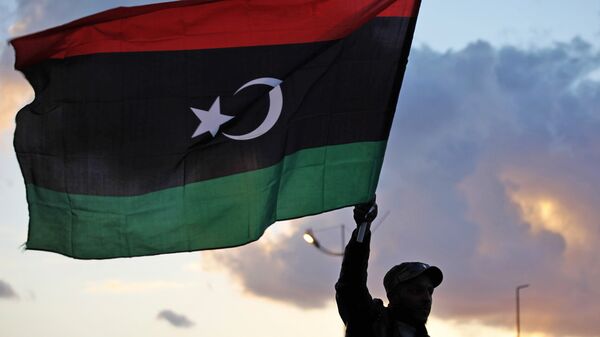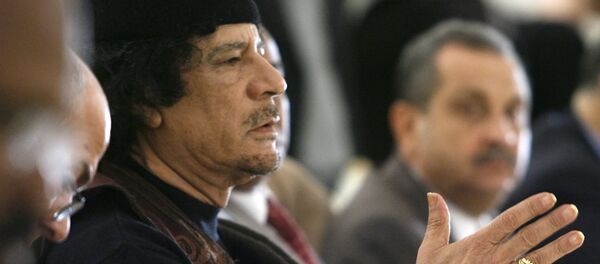AL BAYDA (Libya) (Sputnik) — According to the committee president, its members also cannot agree on matters relating to women's rights, acquiring Libyan citizenship and the country’s Arab identity, as well as issues regarding resources and local governments.
"[Among divisive issues] is the form of government in Libya, as some believe that Libya should be a federal state structure, others are calling for a return to the monarchy. Some require a return to the constitution of 1951, other groups reject these positions," Tarhouni said.
The Constituent Assembly of Libya has decided to study the laws of neighboring states for the experience in formulating its own constitution:
"[We have studied] the experience of Egypt and Tunisia, which have developed their constitutions under different circumstances, which are stable states without division, with power, security, army and a stable life".
The two rival parliaments in Libya signed a power-sharing deal in Tunisia on Sunday after two days of secret talks, bypassing a deal proposed by the United Nations.
The document obtained by foreign news services requires a future prime minister to have two deputies, one from each of the two warring factions.
"We held numerous workshops in Egypt, Tunisia and Lebanon. We were able to meet with many experts in this area, hold discussions with them and examine their experience," Tarhouni added.
Libya has been in a state of turmoil since early 2011, when Arab Spring protests led to a civil war and the overthrow of long-time leader Muammar Gaddafi.
The country is currently divided between two conflicting governments — the internationally recognized Council of Deputies, based in Tobruk, and the self-proclaimed General National Congress, based in the Libyan capital, Tripoli.




